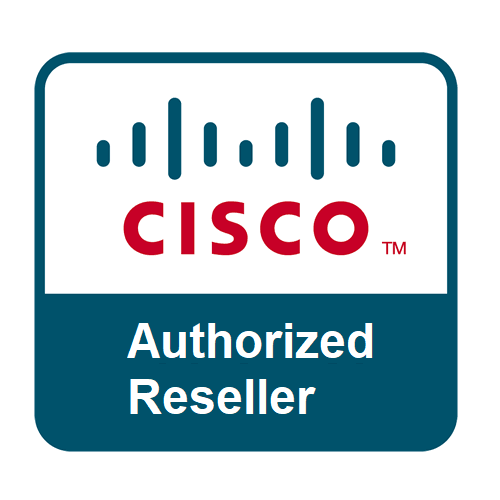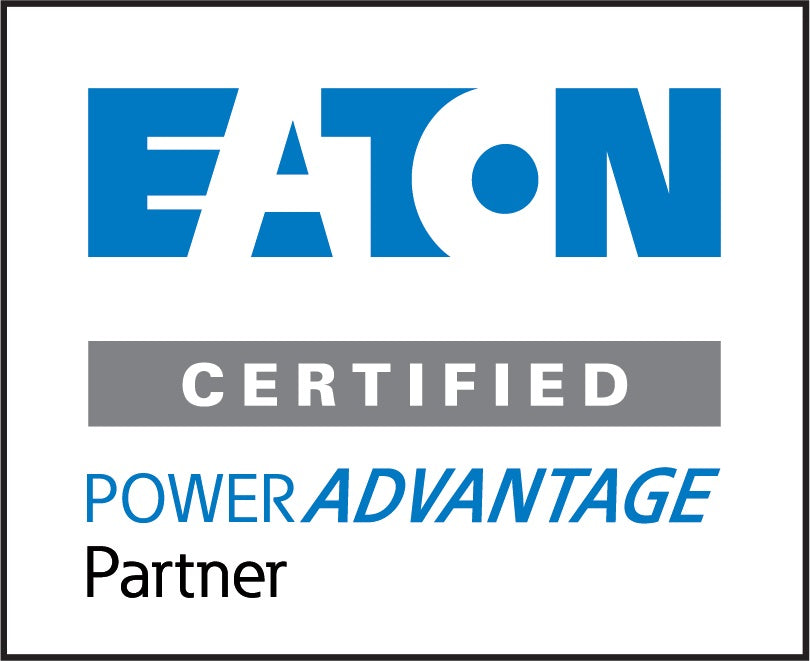The Intelligent Workspace: Why Demand for Smart Office Solutions is Soaring
The traditional office, once a fixed bastion of cubicles and conference rooms, is undergoing a dramatic transformation. We're witnessing an unprecedented surge in demand for smart office solutions, driven by a confluence of technological advancements, evolving work styles, and a renewed focus on employee well-being and operational efficiency. The future of work is undeniably intelligent, and businesses are rapidly recognizing the indispensable value of creating smarter, more adaptive workspaces.
So, what's fueling this growing appetite for intelligent office environments?
1. The Hybrid Work Revolution and the Need for Flexibility:
The past few years have permanently altered our relationship with work, ushering in the era of hybrid and remote models. This shift is a primary catalyst for smart office demand.
-
Seamless Transition: Employees now expect a seamless experience whether they're at home or in the office. Smart solutions, like desk and room booking systems, integrated communication platforms (video conferencing, unified comms), and cloud-based access, ensure that collaboration and productivity remain unhindered, regardless of location.
-
Optimized Space Utilization: With fewer employees in the office simultaneously, businesses are keen to maximize their real estate investment. IoT sensors can track occupancy in real-time, providing data to optimize layouts, identify underutilized areas, and even suggest repurposing spaces, leading to significant cost savings on rent and utilities.
2. Bolstering Productivity and Efficiency:
At its core, the demand for smart offices is about working smarter, not just harder.
-
Automation of Routine Tasks: Smart lighting and HVAC systems automatically adjust based on occupancy, time of day, and even external weather conditions, reducing manual intervention. Automated meeting room setups, visitor management systems, and even robotic assistants for mundane tasks free up employees to focus on higher-value, strategic activities.
-
Data-Driven Insights: Smart offices generate a wealth of data on everything from energy consumption to space usage and employee movement. This data provides actionable insights, allowing businesses to make informed decisions about resource allocation, workflow optimization, and continuous improvements to the work environment.
-
Enhanced Communication & Collaboration: Advanced communication tools, often integrated within smart office platforms, enable real-time information sharing, virtual whiteboarding, and immersive collaboration experiences (e.g., via AR/VR) that transcend geographical boundaries.
3. Prioritizing Employee Well-being and Engagement:
Beyond efficiency, businesses are increasingly recognizing that a comfortable, healthy, and engaging workspace is crucial for attracting and retaining top talent.
-
Personalized Comfort: Smart offices can offer personalized experiences, allowing employees to control elements like lighting, temperature, and even desk height at their individual workstations.
-
Improved Air Quality and Environment: IoT sensors can monitor indoor air quality, humidity, and noise levels, automatically adjusting systems to maintain optimal conditions for health and productivity. Biophilic design elements, enhanced by smart environmental controls, further contribute to a positive atmosphere.
-
Wellness Integration: From smart scheduling for wellness rooms to applications that encourage movement and breaks, smart offices are designed to support the holistic well-being of employees, reducing stress and boosting job satisfaction.
4. Driving Sustainability and Cost Savings:
Smart office solutions offer tangible benefits for a company's bottom line and environmental footprint.
-
Energy Efficiency: Automated energy management systems (EMS) are a cornerstone of smart offices. By dynamically adjusting lighting, heating, and cooling based on actual usage, these systems dramatically reduce energy waste and lower utility bills.
-
Reduced Operational Costs: Beyond energy, smart offices can optimize maintenance schedules through predictive analytics, reduce the need for manual administrative tasks, and improve overall resource allocation, leading to significant long-term cost reductions.
-
Enhanced Reputation: Adopting smart, sustainable technologies demonstrates a company's commitment to innovation and environmental responsibility, which can enhance its brand image and appeal to environmentally conscious clients and employees.
The Future is Intelligent:
The growing demand for smart office solutions isn't a fleeting trend; it's a fundamental shift in how we approach the built environment of work. As IoT, AI, and advanced analytics continue to mature, they will become even more seamlessly integrated into workspace design, creating environments that are not just places where work happens, but active participants in optimizing productivity, fostering collaboration, and prioritizing the well-being of every individual. Businesses that embrace this intelligent evolution will be well-positioned to thrive in the dynamic world of tomorrow.







